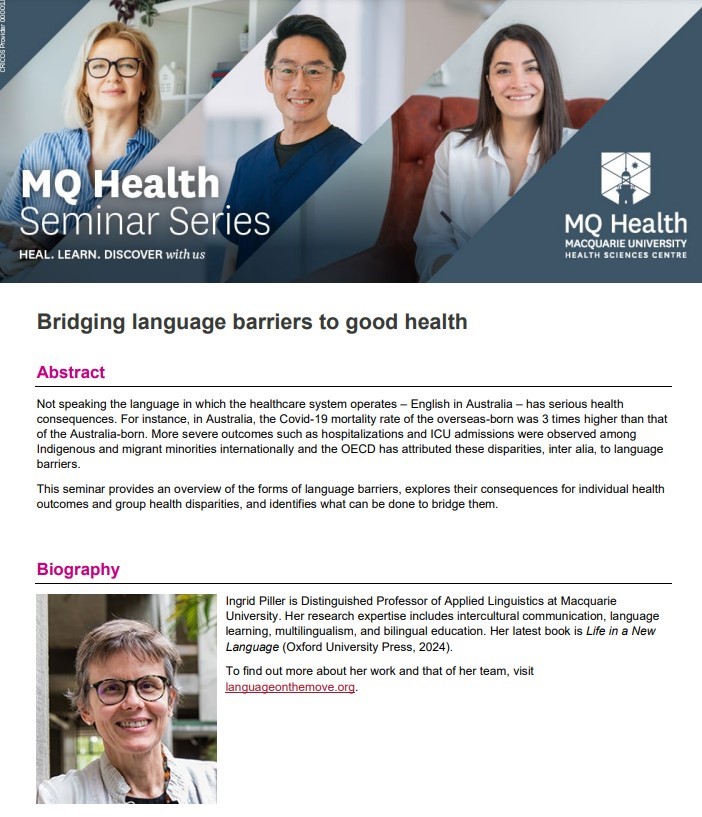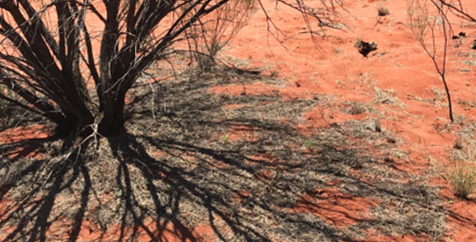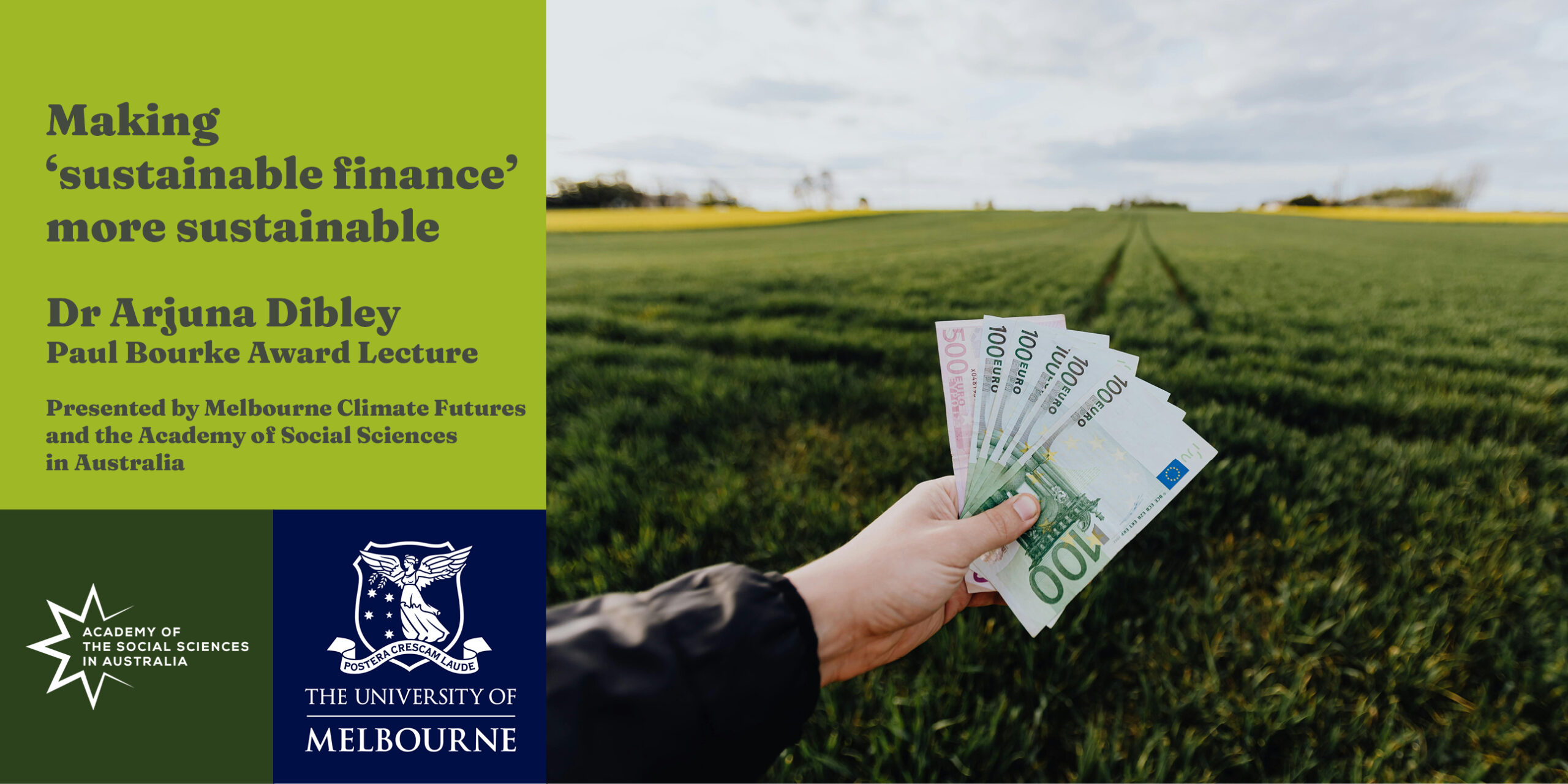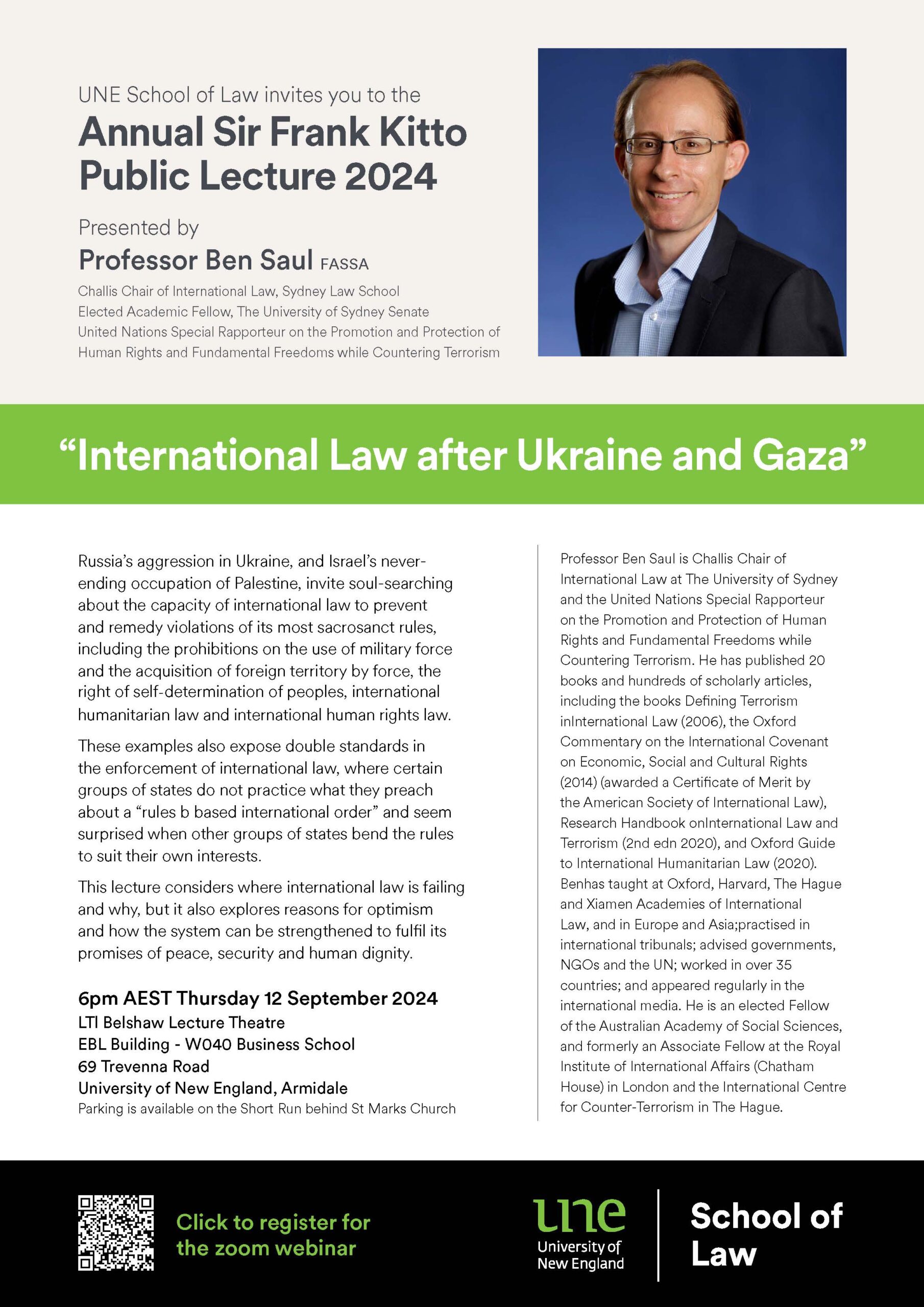As we count down to COP29 in Azerbaijan this November, global policymakers are dubbing it the ‘finance COP’. Funding climate action, domestically and internationally, is one of the critical challenges in the campaign against climate change. There has never been a more crucial moment to optimise the sustainable finance movement, scaling up green investment and reducing investment in ‘dirty’ assets and companies. Following on from receiving the Academy of Social Sciences in Australia's 2023 Paul Bourke Award for Early Career Research, Dr Arjuna Dibley, Head of the Sustainable Finance Hub at the University of Melbourne, will present this lecture reflecting on the trajectory of sustainable finance, and how it could be shaped in its next phase to improve ambition and scale. Join us for an evening examining the current state and future of sustainable finance, introduced by Victorian Department of Treasury and Finance Secretary, Chris Barrett, and moderated by Mondiale Impact Managing Partner and University of Melbourne Enterprise Professor, Rosemary Addis AM. Speakers Dr Arjuna Dibley, Head of the Sustainable Finance Hub, University of Melbourne Dr. Arjuna Dibley is a Senior Research Fellow at Melbourne Climate Futures. He is also an Honorary Research Associate at the University of Oxford’s Smith-School for Enterprise […]






